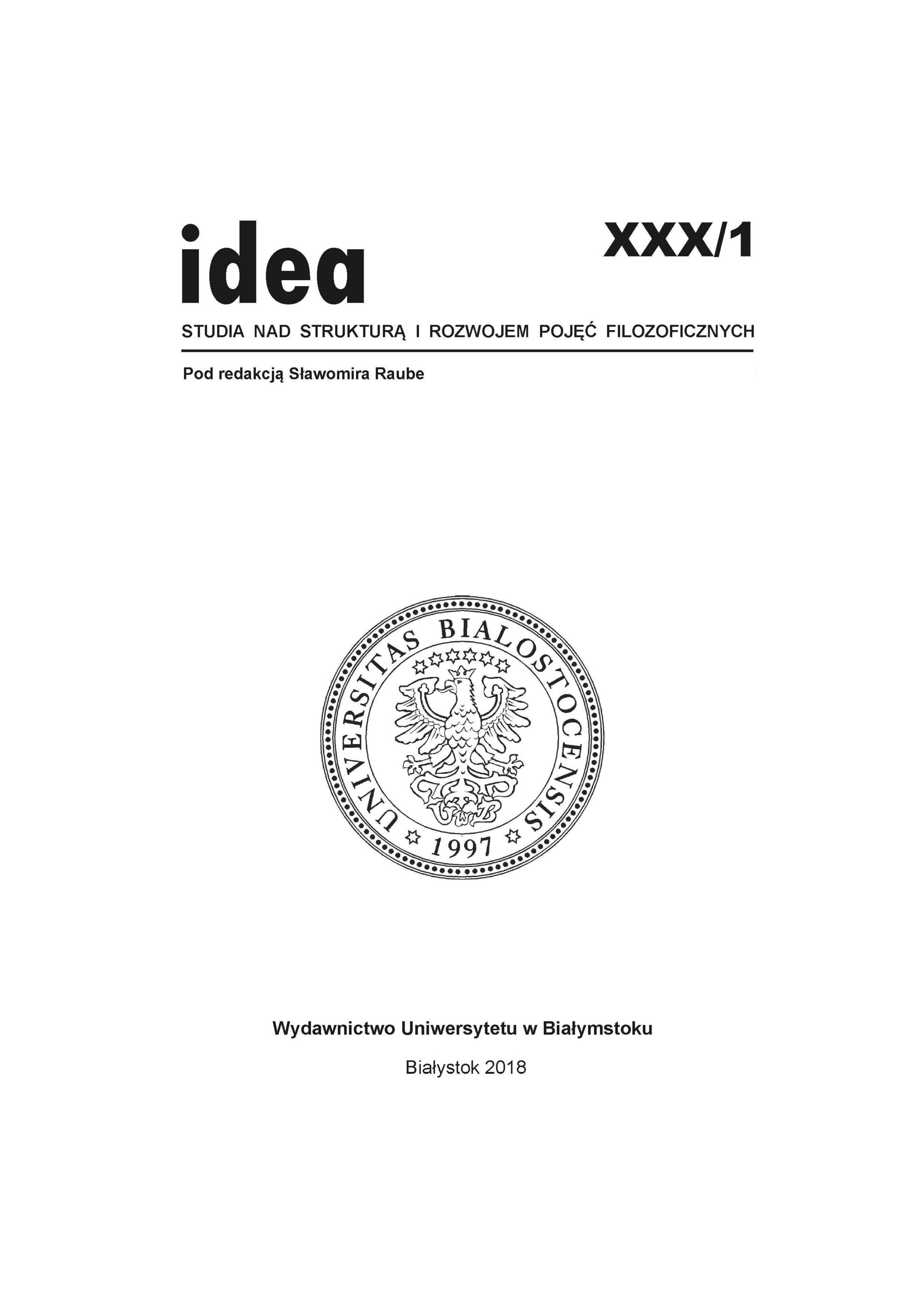Filozoficzne i polityczne milczenie Martina Heideggera
The philosophical and political silence of Martin Heidegger
Author(s): Jacek SurzynSubject(s): Philosophy, History of Philosophy, Political Philosophy, Contemporary Philosophy
Published by: Wydawnictwo Uniwersytetu w Białymstoku
Keywords: being; silence; language; metaphysics; saying; fuge; Holocaust; politics
Summary/Abstract: This article discusses the problem of Martin Heidegger's famous involvement in Nazism. This problem has already been widely discussed in the literature, but it is worth re-thinking. The question of Heidegger's involvement and, above all, his post-war silence about Nazi crimes have been discussed basically from the perspective of his anti-Semitic attitude, personal ambitions or even as naive thinking. Perhaps there is worth looking at this problem from the point of view of Heidegger's philosophy and, above all, the role and meaning of language. Heidegger called for reaching the covered base – being itself. The key to this must be to reach the boundaries of language, that is, the transition from the language of everyday life, which is a consequence of an attitude oriented only to naive existence itself (or ontity), to the language of being. This path leads inevitably to the border of language, that is to the "place" where language balances between saying and silence (syge). Heidegger saw it as the proper (true) philosophical attitude, which is a discovery in the "event" of truth of being. The tragedy (meaning in Ancient Greek tradition) takes place here in the man's realization of his helplessness towards the truth of being, and thus of silence, which is a transition from the state of philosophical silence to political silence. The philosopher is probably "doomed" to political engagement (as said Slavoj Žižek), and a consequence of it could be the famous "Syracuse".
Journal: Idea. Studia nad strukturą i rozwojem pojęć filozoficznych
- Issue Year: 1/2018
- Issue No: XXX
- Page Range: 25-39
- Page Count: 15
- Language: Polish

